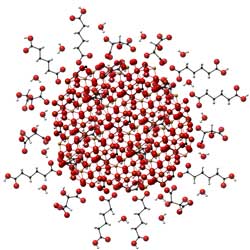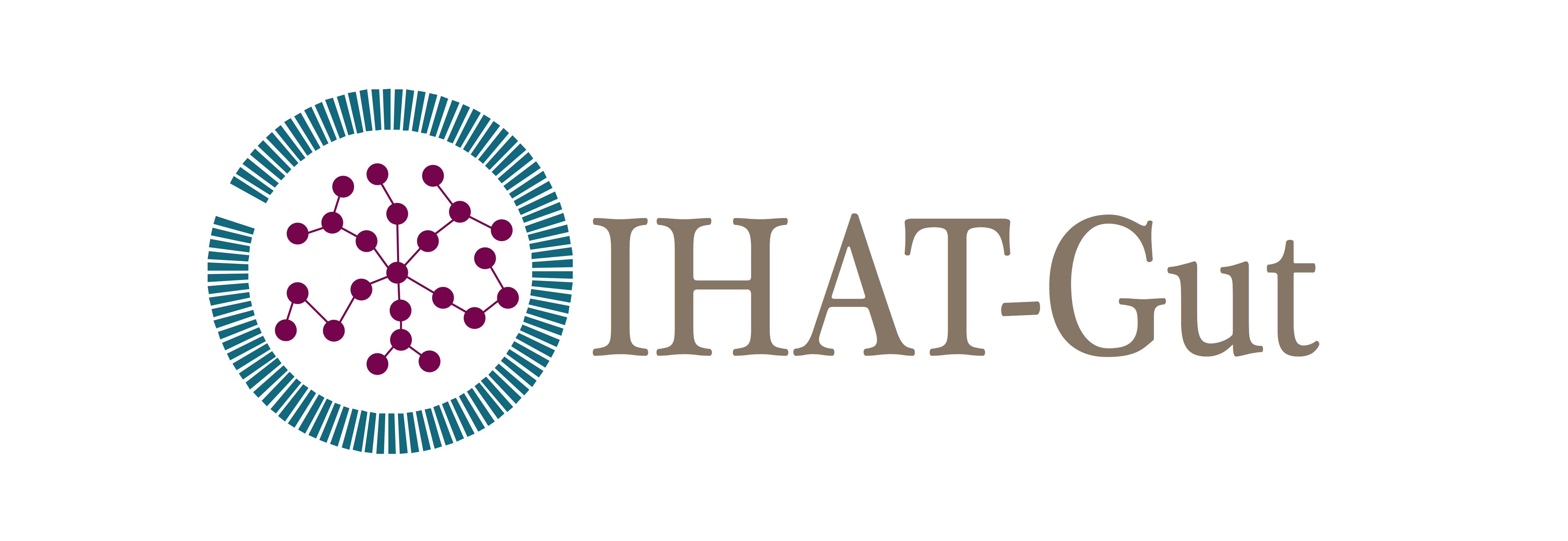“We need to go to countries where the clinical need for alternative iron supplements is more obvious. Because of the higher background levels of infection in Africa, the side effects of soluble iron supplements are more common and more severe.” Dr Dora Pereira (former Group Lead)
The Paradox of Treating Anaemia
Lack of iron, and its associated anaemia, is the largest nutritional deficiency disorder in the world today, affecting 2 billion people. In developing countries, where bland diets contain too little iron and infectious the global burden of iron deficiency anaemia hasn’t changed in the past 20 years, diseases reduce iron absorption, at least half of all pregnant women and pre-school children are projected to be anaemic.


Dora's research focused on the risks and benefits of dietary and supplemental iron, particularly in what relates to gut health and the gut microbiome. She led collaborative research projects on mechanisms of intestinal iron absorption, impact of oral iron on the gut microbiome and intestinal infection, association between oral iron and colon cancer risk, and health economics of oral iron supplementation in the UK.
For this project, Dora Pereira collaborated with Professor Andrew Prentice at the MRC Unit The Gambia, on a project funded by the Bill and Melinda Gates Foundation, to conduct the first clinical trial in young children with an iron supplement (namely IHAT) that she developed as part of a team atthe Medical Research Council in Cambridge. The study, with acronym IHAT-Gut, is based at the MRC Unit The Gambia in Basse (Upper River Region). If IHAT is successful in the trial, these data will provide the clinical evidence needed to encourage further investment so that IHAT can be implemented as a novel iron source for use in micronutrient intervention strategies aimed at children and women living in resource-poor countries and, hence, contribute to reducing the global burden of iron deficiency anaemia, the largest nutritional deficiency disorder in the world.
Publications
1. Prentice A.M., Mendoza Y.A., Pereira D., Cerami C., Wegmuller R., Constable A., and Spieldenner J. Dietary strategies for improving iron status: balancing safety and efficacy. Nutrition Reviews. 75(1): 49-60. (2017)
2. Bellmann S., Carlander D., Fasano A., Momcilovic D., Scimeca J.A., Waldman W.J., Gombau L., Tsytsikova L., Canady R., Pereira D.I., Lefebvre D.E. Mammalian gastrointestinal tract parameters modulating the integrity, surface properties, and absorption of food-relevant nanomaterials. Wiley interdisciplinary reviews Nanomedicine and nanobiotechnology 7(5):609-622. (2015)
3. Tolkien, Z., Stecher, L., Mander, A.P., Pereira, D.I.A.*, and Powell, J.J.* Ferrous sulfate supplementation causes significant gastrointestinal side-effects in adults: a systematic review and meta-analysis. PLos One. 10(2): e0117383. * joint senior author (2015)
4. Pereira, D.I.A., Lederer, B.I. and Powell, J.J. A balanced salt solution that prevents agglomeration of nano iron oxides in serum-free cellular assays. Materials Research Express. 2(1):015403 (2015)
5. Pereira, D. I. A., Aslam, M. F., Frazer, D. M., Schmidt, A., Walton, G. E., McCartney, A. L., Gibson, G. R., Anderson, G. J., and Powell, J. J. Dietary iron depletion at weaning imprints low gut microbiome diversity and this is not recovered with oral nano Fe(III). MicrobiologyOpen. 4(1):12-27 (2015)
Related links
The Iron Lady' and the paradox of treating anaemia
Solving iron’s solubility problem
Emerging Technologies Competition
BBC interview
Listen to Dora Pereira's interview on BBC Health Check programme, focusing on treating anaemia. The interview is available at minute 16:45 Listen here

